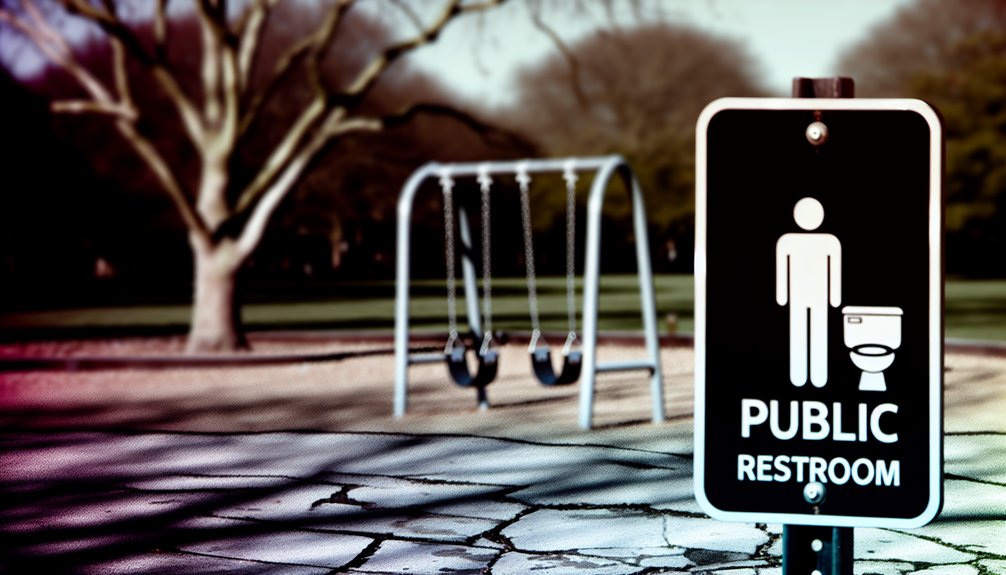New South Dakota Law Prohibits Trans Individuals From Using Public Restrooms


As part of a growing wave of legislation across the United States, South Dakota's HB 1259 has introduced significant changes to the use of public restrooms and changing rooms in state-owned properties. Effective July 1, 2025, the law prohibits transgender individuals from using restrooms and changing rooms that align with their gender identity in public schools and government facilities. Instead, these multi-occupancy facilities must be designated exclusively for males or females based on reproductive system definitions.
This legislative action marks South Dakota as at least the 13th state to enact such restrictions, reflecting a broader national trend targeting transgender rights. The law empowers individuals to seek legal action against schools or state entities that permit transgender access to facilities aligning with their gender identity. This provision could lead to increased legal disputes, placing schools and government facilities in precarious positions as they navigate compliance.
Advocacy groups, including the ACLU of South Dakota, have expressed strong opposition, arguing that HB 1259 represents a significant setback for transgender rights and civil liberties. They view the law as an infringement on the rights and dignity of transgender individuals, potentially exacerbating discrimination and marginalization.
The legislation's opponents contend that it fails to evaluate the complexities of gender identity and the lived experiences of transgender people. They argue that such policies contribute to a hostile environment in public spaces, undermining efforts to promote inclusivity and equality.
Advocacy groups are expected to challenge the law, potentially leading to legal battles that could influence similar legislation nationwide. As South Dakota implements HB 1259, the state becomes a focal point in the ongoing national debate over transgender rights, public restrooms, and the balance between individual freedoms and legislative mandates.
 News and AdvocacyNovember 14, 2025Rainbow Victories: 2025’s Most Pro-LGBTQ+ States Revealed
News and AdvocacyNovember 14, 2025Rainbow Victories: 2025’s Most Pro-LGBTQ+ States Revealed News and AdvocacyNovember 14, 2025Transgender Sanctuary States: Protecting Rights, Providing Hope
News and AdvocacyNovember 14, 2025Transgender Sanctuary States: Protecting Rights, Providing Hope Featured PostsNovember 13, 2025When Restroom Policing Backfires: The Hotel That Went Too Far
Featured PostsNovember 13, 2025When Restroom Policing Backfires: The Hotel That Went Too Far Featured PostsNovember 13, 2025Sex, Safety, and Seduction: A Trans Girl’s Guide to Hookups
Featured PostsNovember 13, 2025Sex, Safety, and Seduction: A Trans Girl’s Guide to Hookups